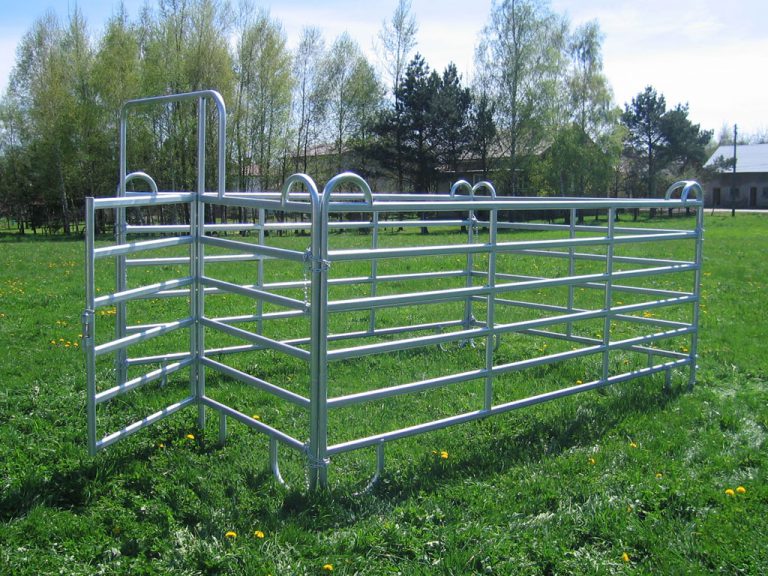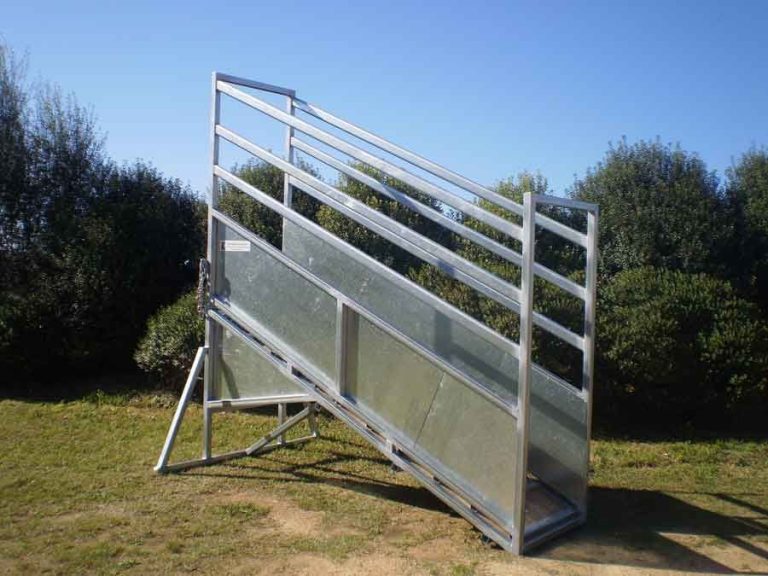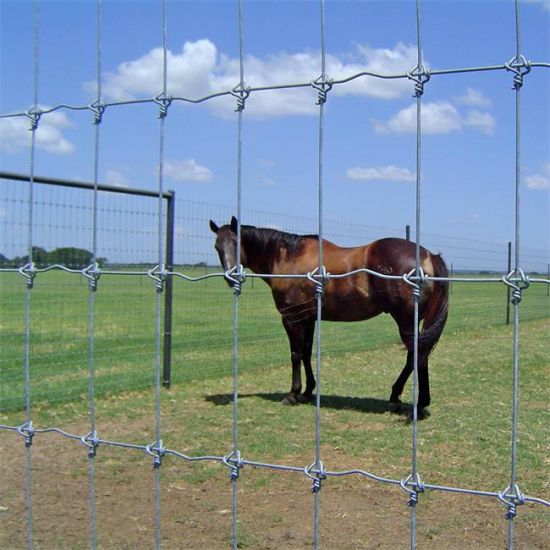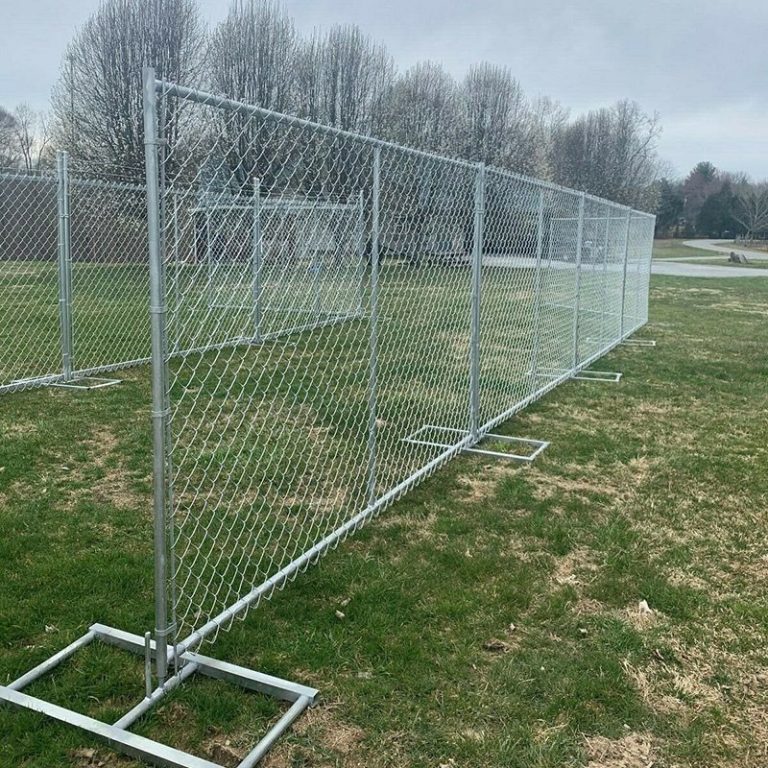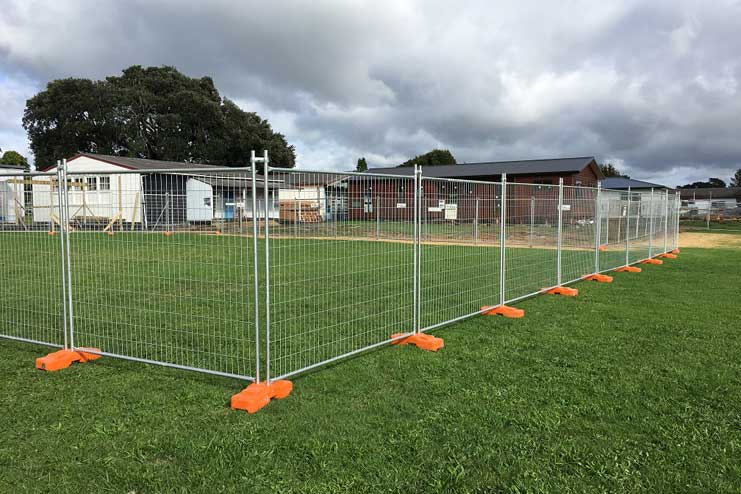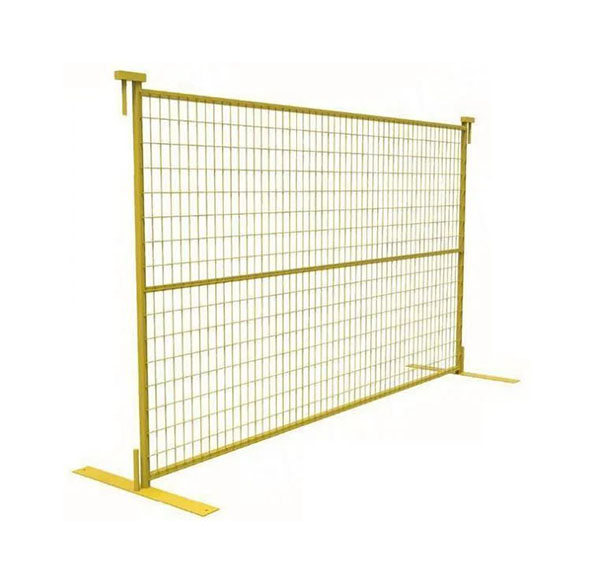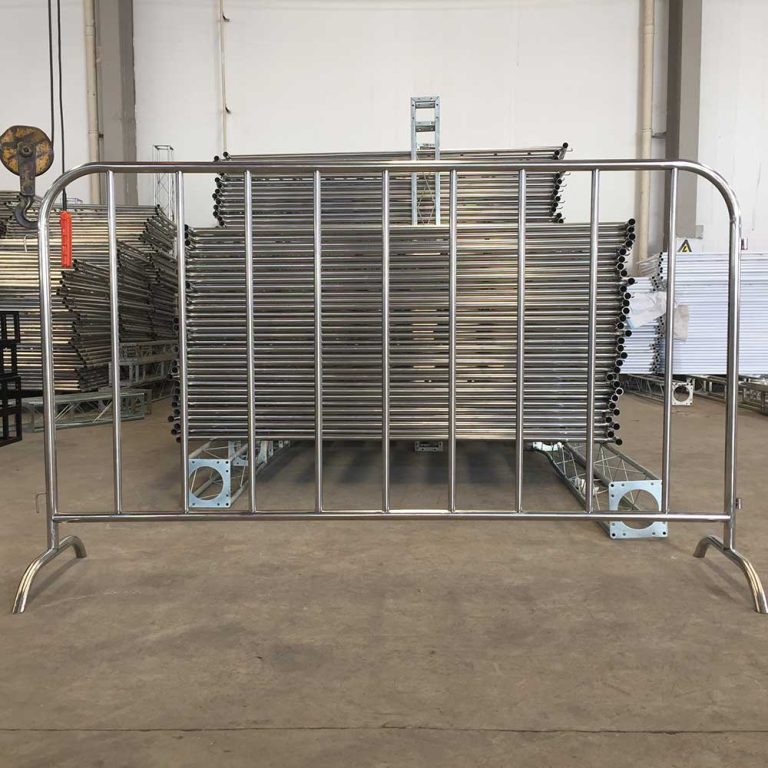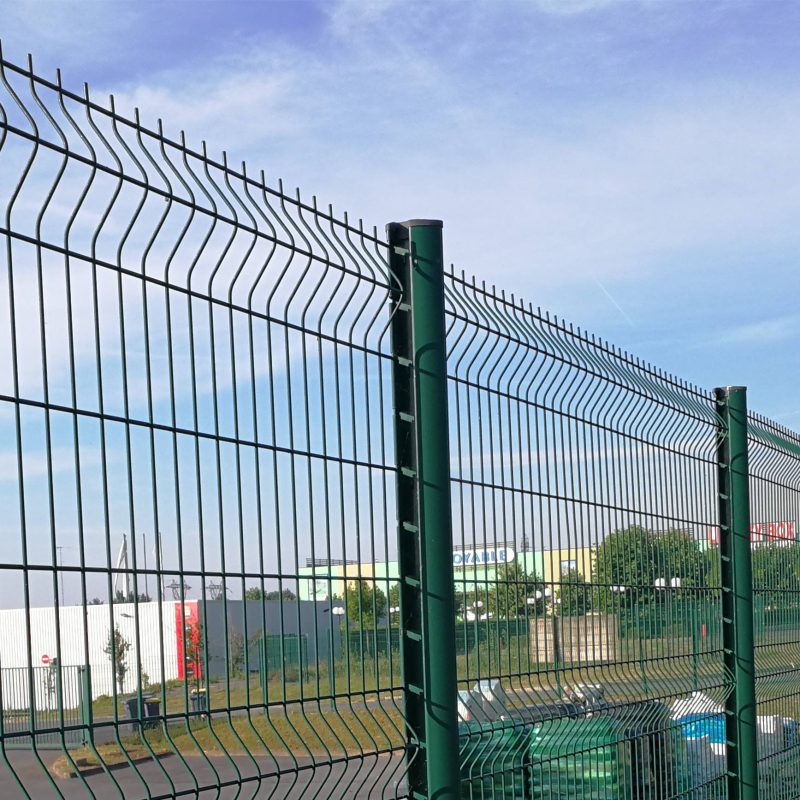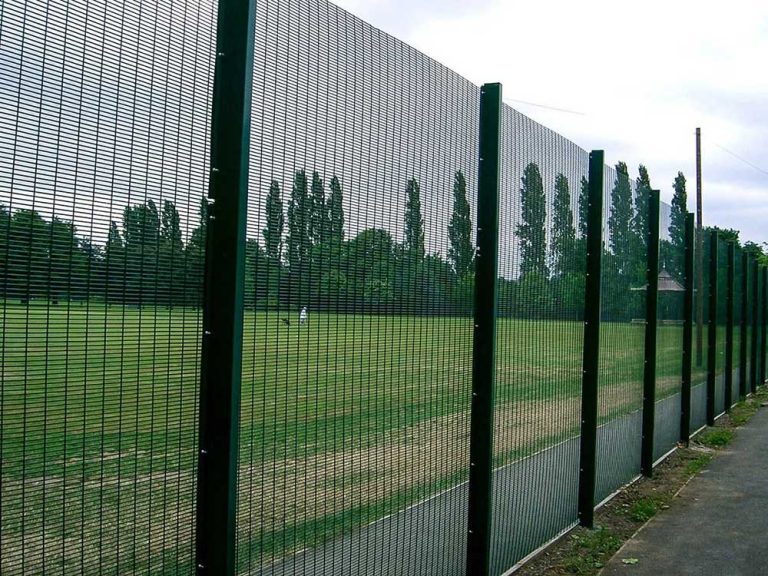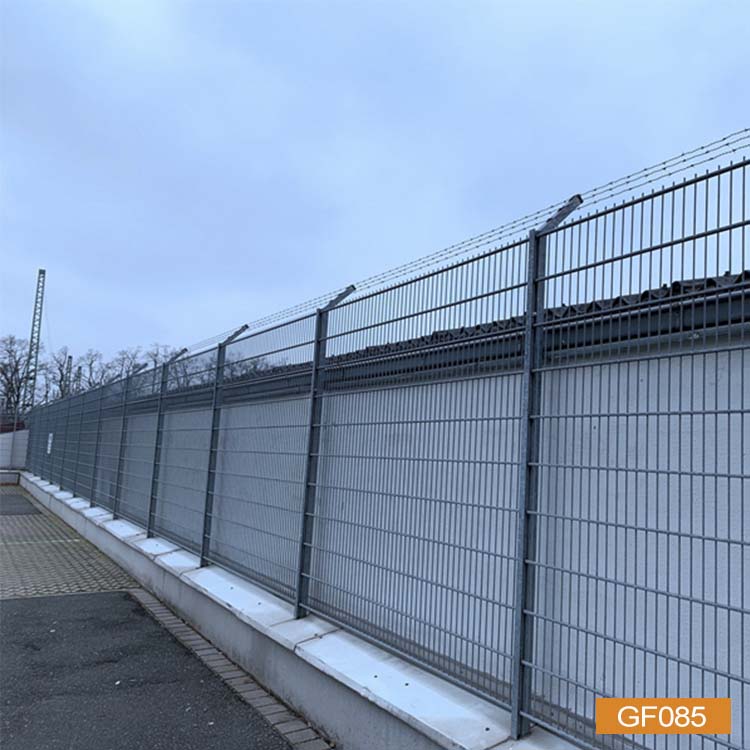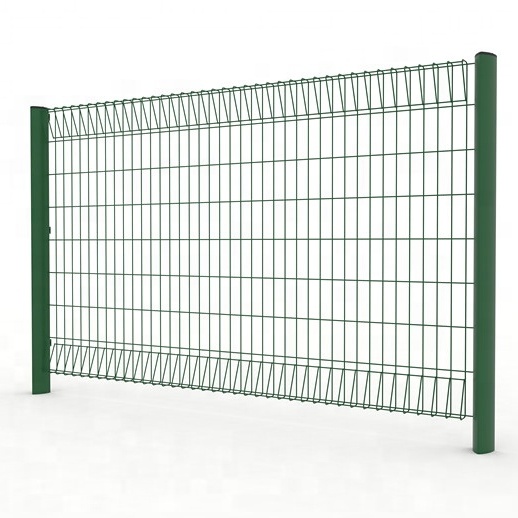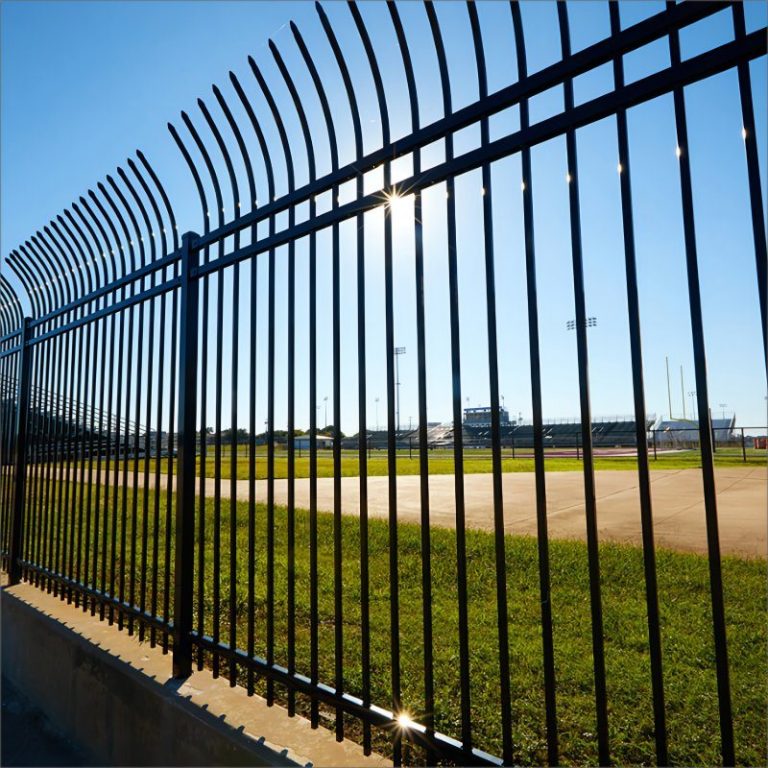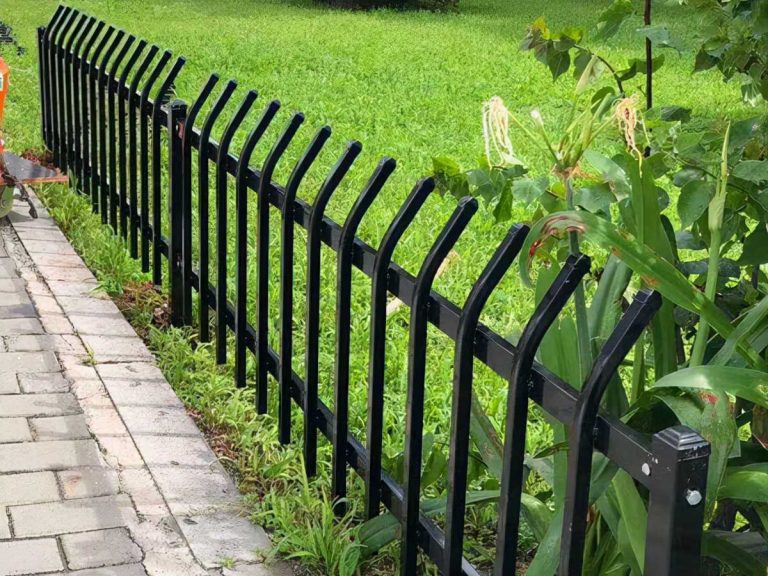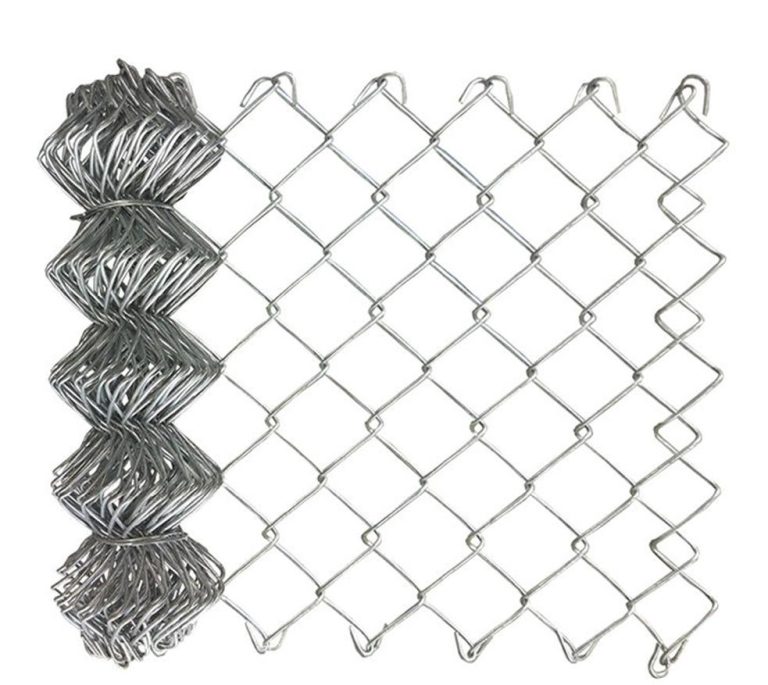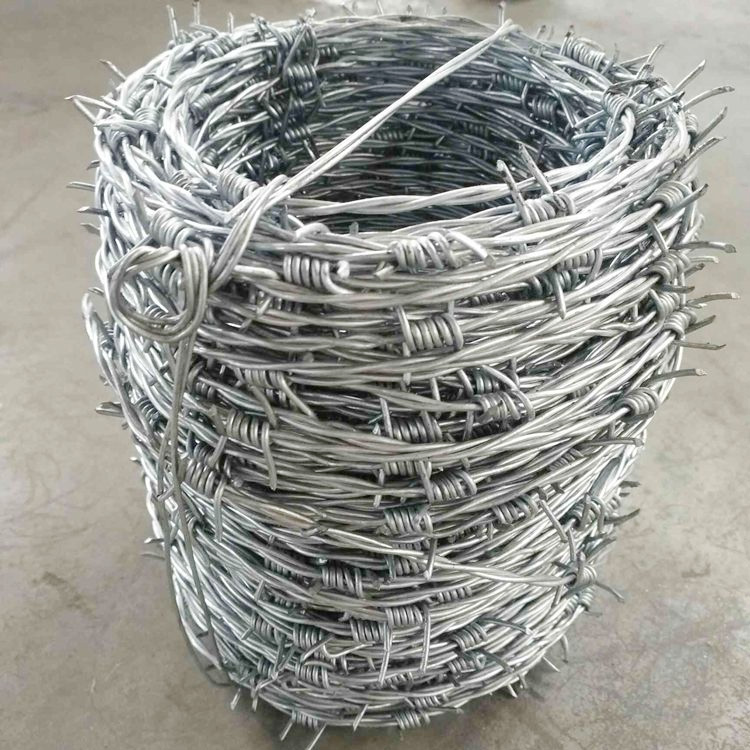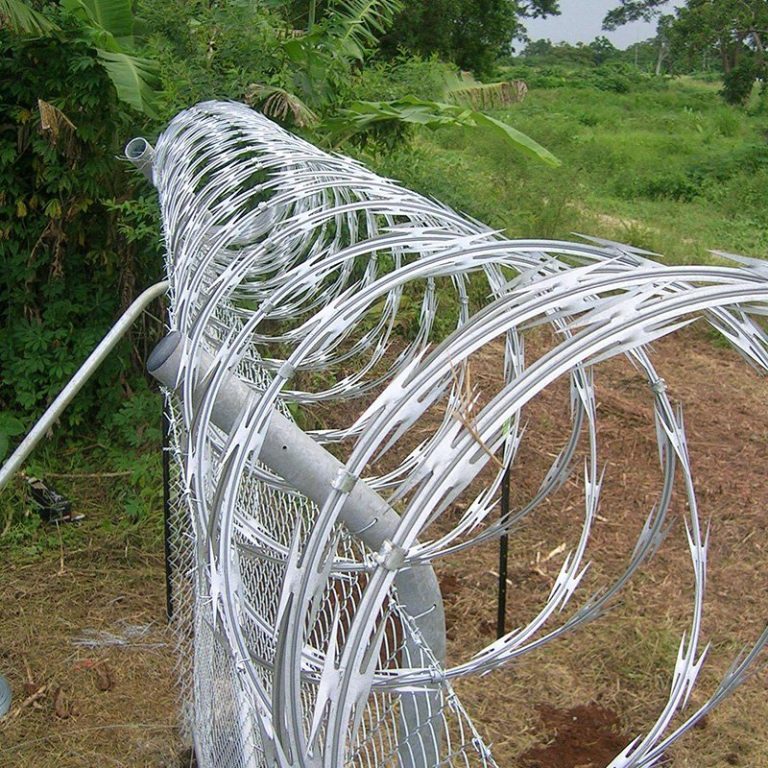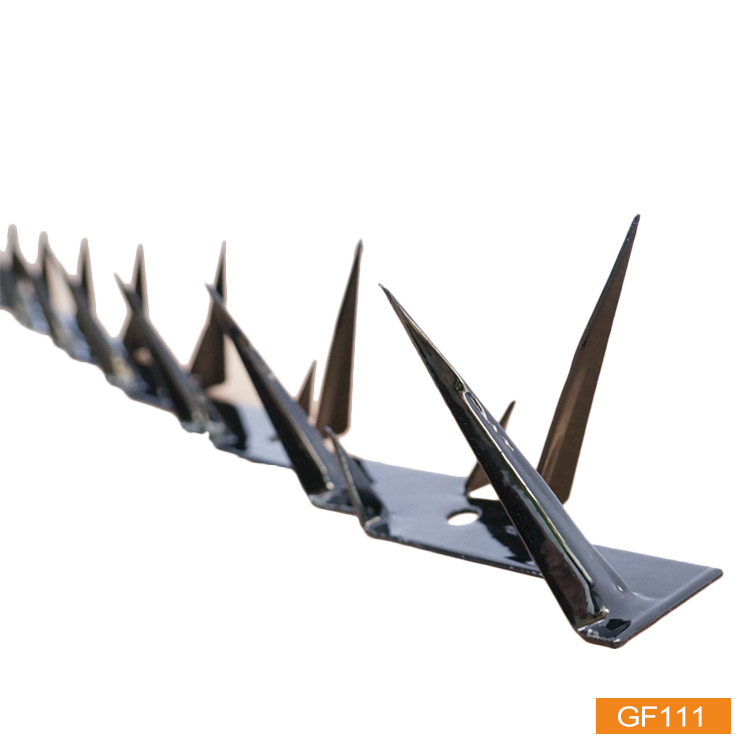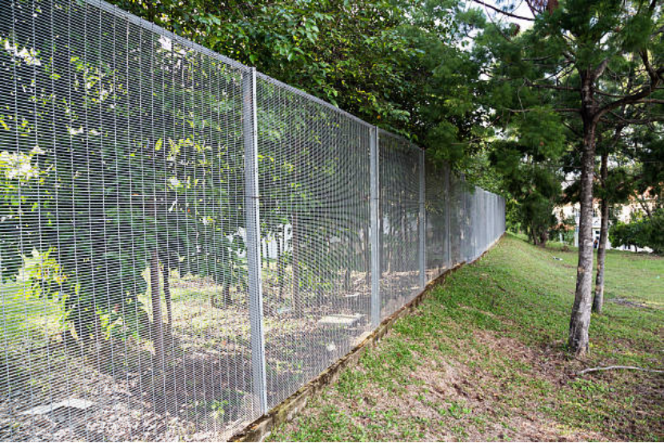
Introduction
When property owners think about fencing, two names often come up: chain link fence and welded wire mesh. Both are made from steel, both are popular worldwide, and both are used to mark boundaries and add protection. But when strength, security, and long term value matter, welded wire mesh usually comes out on top.
In this article, we’ll explore the key reasons why welded wire mesh is considered stronger, using real comparisons, industry insights, and lessons learned from high security settings. Along the way, we’ll also introduce JiaHui, a global supplier of wire mesh and fencing systems, so you can see what options are available if you’re considering an upgrade.
Structure and Build Quality
Welded Joints vs. Woven Links
The most important difference between the two fences lies in how the wires connect. Welded wire mesh uses fusion at every cross point. This creates a fixed, rigid grid that resists pulling and bending. Chain link, on the other hand, is woven like fabric. While flexible, it can be cut or stretched more easily.
Wire Gauge and Thickness
Chain link comes in different gauges. A smaller gauge number means thicker wire. Yet even with heavy gauge, its woven style creates weak points. Welded mesh uses similar or thicker wires, but the welded joints make the panel much stronger as a whole.
Frame and Posts
Both fencing styles rely on posts and rails. Chain link posts can be placed 10 feet apart. Welded wire mesh usually uses closer spacing and rigid panels, giving it higher resistance to pushing or vehicle impact.
Security and Safety Performance
Cutting and Climbing Resistance
One of the biggest challenges for chain link fences is cutting. With bolt cutters, the diamond shaped pattern can be opened quickly. Guides even suggest smaller apertures to slow intruders. Welded mesh solves this with narrow spacing and solid welds, making it very difficult to cut through.
Anti Climb Design
Security fences often need to stop climbing. While chain link can be climbed by placing feet in the open diamonds, welded mesh panels use tighter spacing that offers no foothold. This is why prisons and correctional facilities often choose welded mesh.
Visibility for Surveillance
Unlike concrete walls, both chain link and welded mesh allow visibility. But welded mesh, with its flat welded grid, gives clearer camera footage and reduces blind spots. This makes it ideal for schools, airports, and high security zones.
Durability and Maintenance
Rust and Corrosion Resistance
Both fence types rely on coatings for protection. Galvanization and vinyl are common for chain link. Welded mesh can be hot dip galvanized or powder coated, adding long lasting resistance even in coastal or humid climates.
Impact Strength
The woven structure of chain link is flexible, which helps it absorb some shocks but also makes it easier to deform. Welded mesh panels resist bending and maintain shape under pressure, keeping the fence line neat and secure over years.
Service Life
A chain link fence may last 15–20 years with care. Welded wire mesh, especially with high quality coating, can surpass this, cutting down replacement cycles and lowering long term costs.
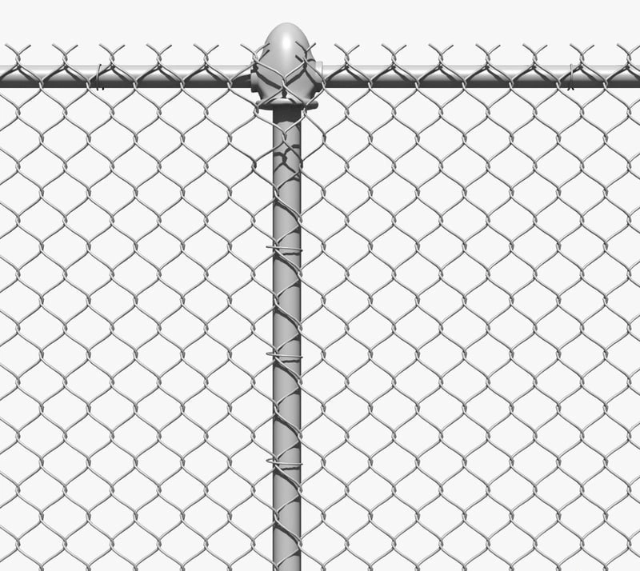
Applications and Suitability
Residential and Commercial Properties
Chain link remains popular for budget conscious buyers. It works well for gardens, pet runs, or temporary projects. Welded mesh, however, offers a more solid look and higher protection, often chosen for front yards, office complexes, and farms.
High Security Facilities
From correctional facilities to airports, welded wire mesh is the clear winner. Features like anti cut, anti climb, and modular installation make it the go to solution.
Industrial and Agricultural Use
Welded wire mesh panels with smaller openings are ideal for farms. They keep livestock safe and block predators. Chain link may let smaller animals slip through.
Cost and Value Considerations
Upfront Price vs. Long Term Cost
Chain link fencing is usually cheaper at the start. However, welded wire mesh saves money in the long run by cutting repair and replacement needs.
Customization Options
Welded mesh offers more design flexibility, different mesh sizes, panel heights, and coatings. For buyers who care about both function and appearance, welded mesh provides better value.
Market Availability
Both types are widely available, but not all products are made equal. Trusted suppliers like JiaHui focus on strong coatings, tested welding, and high quality steel, helping buyers avoid weak fences that fail too soon.
Why Choose JiaHui as Your Fencing Partner
Choosing between chain link and welded mesh often comes down to your project goals. If you need high strength, long life, and better protection, welded wire mesh is the smarter investment. JiaHui manufactures both chain link and welded mesh solutions, giving you the chance to compare and choose what truly fits your needs.
With global projects and a wide product range, JiaHui combines factory strength with custom solutions. You can get to know them on their story page or contact them directly if you’d like to explore options for your own site.
FAQ
Q1: Is welded wire mesh always better than chain link?
Not always. For small gardens or temporary use, chain link may be enough. For stronger security, welded mesh performs better.
Q2: Can chain link fences be improved for more security?
Yes. Adding bottom rails, barbed wire, or smaller mesh sizes can help. But they still won’t match welded mesh in cutting resistance.
Q3: How long does welded wire mesh last?
With proper coatings, it can last more than 20 years. Good suppliers use hot dip galvanizing or powder coating for extra life.
Q4: Which is easier to install: chain link or welded mesh?
Chain link is flexible and easy to install, even DIY. Welded mesh panels are stiffer and may need more careful setup, but once installed, they require less maintenance.
Q5: Does welded mesh work in coastal areas?
Yes. With zinc or powder coating, welded mesh resists salt damage and keeps strength in marine climates.

